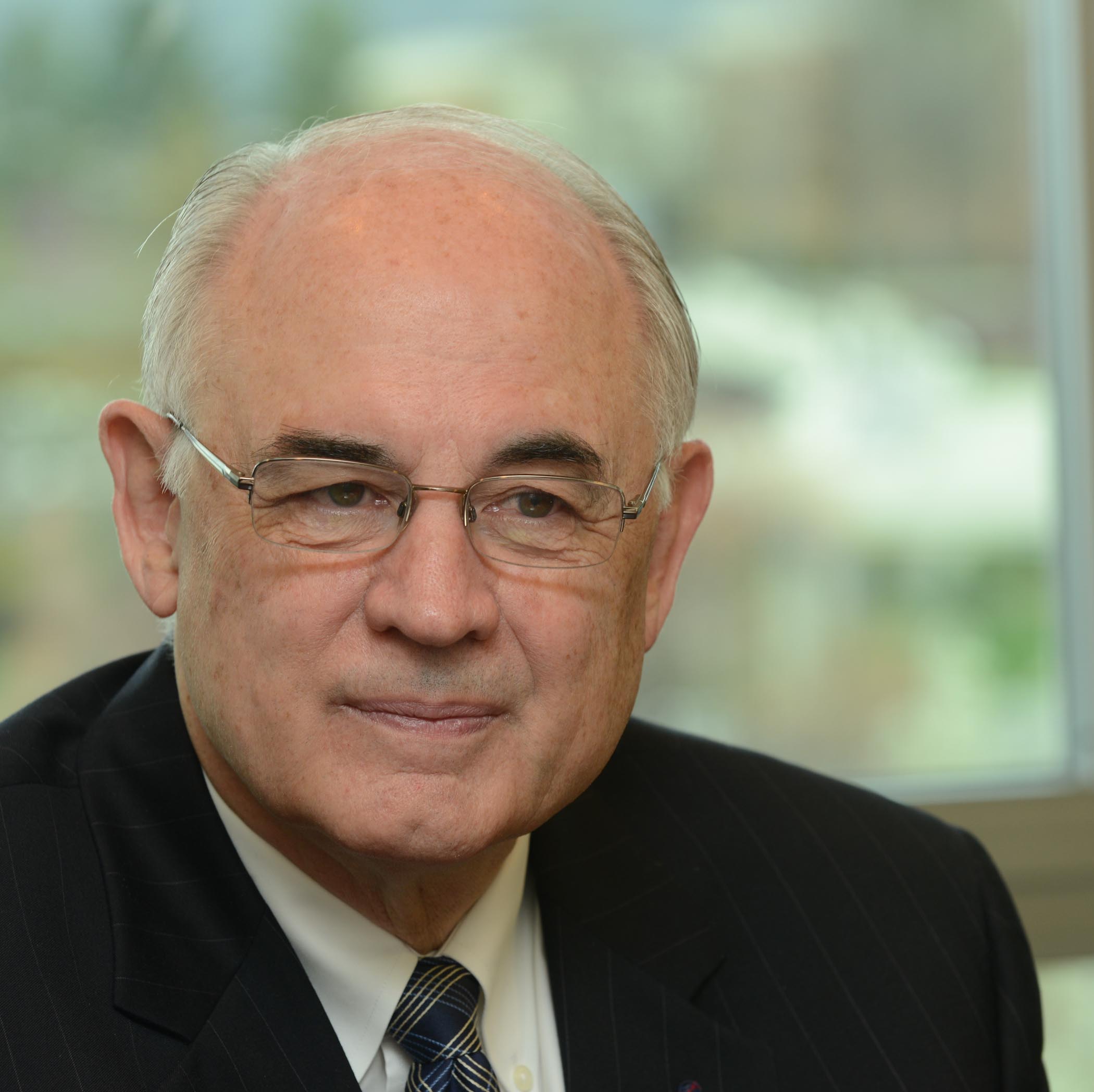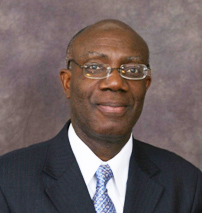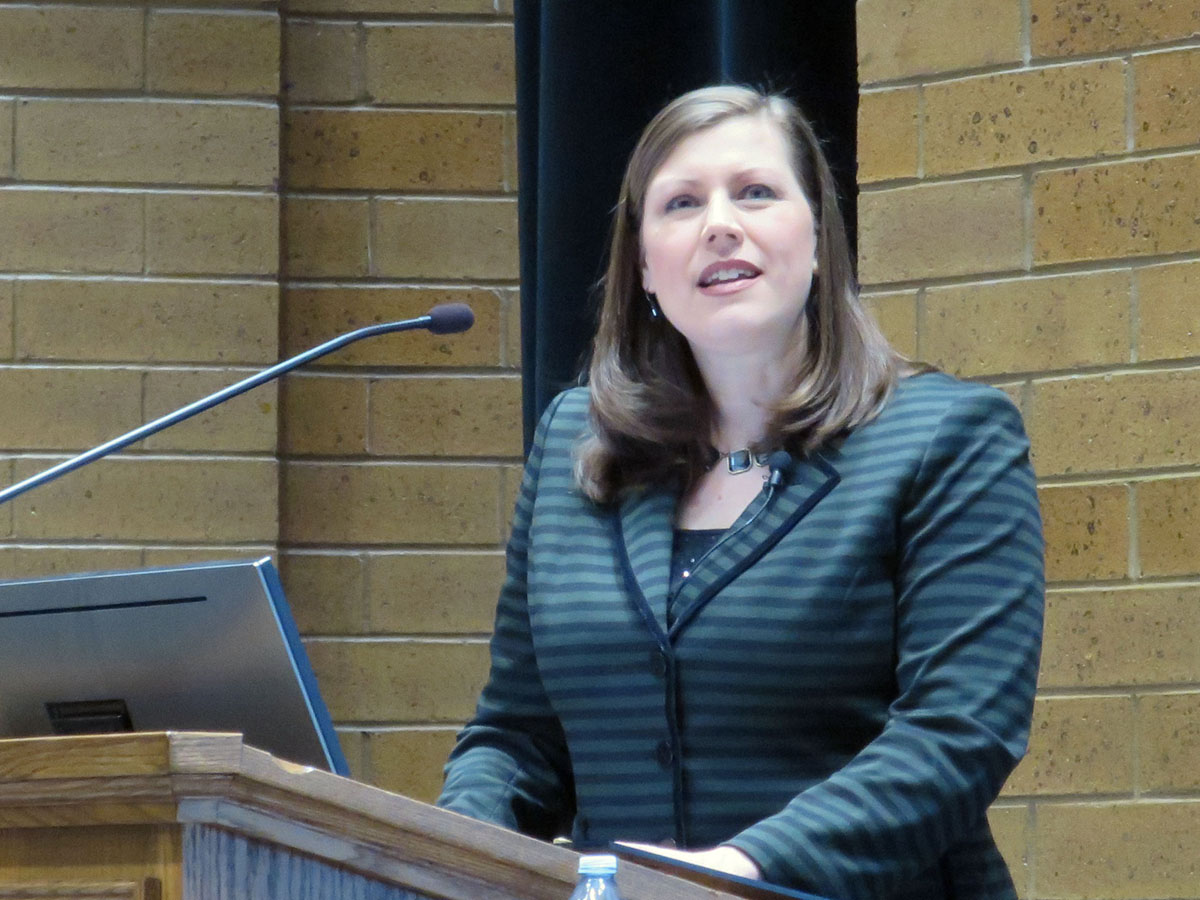Erlend “Pete” Peterson Named as Center Senior Fellow for the Middle East

The International Center for Law and Religion Studies at BYU Law School is pleased to announced that Erlend “Pete” Peterson, recently retired from service as Brigham Young University’s Associate International Vice President, has accepted a position as Center Senior Fellow for the Middle East.
During his fifty years of full-time employment at BYU, Pete served in several professional positions in Admissions and Records (35 years), as Assistant Dean, Associate Dean, and Dean of Admissions and Records (25 years). For the past 15 years he was Associate International Vice President, which included many international roles and hosting, including a close working relationship with the International…
The Center Welcomes Adesina J. Olukanni in the Role of Senior Fellow for Africa

The International Center for Law and Religion Studies at Brigham Young University Law School is pleased to announce that Adesina J. Olukanni, recently retired as the Director of Public Affairs for The Church of Jesus Christ of Latter-day Saints for Africa West Area, has accepted an invitation to serve as the Center’s Senior Fellow for Africa. He was the Country Director in Nigeria for Church Education Systems between April 2004 and March 2007. He came into Public Affairs in April of 2007 as the Director of Public Affairs for the Church in the Africa West Area and the Africa South East Area.
Adesina has served in numerous Church positions, including high counsellor, branch president, district president’s counsellor, district president, mission president’s…
Hannah Clayson Smith Delivers 2017 Durham Lecture: “Religious Liberty: The Promise of American Religious Pluralism”

Hannah C. Smith, Senior Counsel for Becket Law, Washington, DC, delivered the 2017 G. Homer Durham Lecture at the J. Reuben Clark Law School on 26 January at the J. Reuben Clark Law School. She spoke on the topic “Religious Liberty: The Promise of American Religious Pluralism.”
Smith began the lecture by looking at religious freedom through the doctrine of The Church of Jesus Christ of Latter-day Saints. She quoted several religious leaders and established four primary doctrinal themes: the conflict between religious and secularist voices; the growing intolerance towards religious viewpoints; the need for religious institutions and individuals to raise their voices; and the need for tolerance and respect as a two-way street. Religious freedom embraces the right to worship, speak, and act and protects the individual and the organization. Yet she also stressed that religious freedom does have limits.
Smith then turned to secular sources to further examine religious freedom and established that religious freedom goes to the heart of who we are. It is the right of one to act in the manner that one believes is morally right. And that right is not limited to the private sphere but includes the public realm as well.
Finally, she turned to the concept of religious pluralism. The United States of America, she reminded us, is a nation founded on a religious diversity that had existed no where else in the world. And yet, the struggle to get along has been with us since the beginning. Citing history, she examined some of the early struggles of our nation to achieve religious pluralism.
In closing, Smith quoted D. Todd Christofferson. “Things may get worse before they get better. But these are our times. This is our moment to defend our fundamental freedoms. With courage, conviction, and civility–drawing upon our noble heritage as Americans–each one of us can make a profound difference.”